Reading
Intent - why?
We want the children at Woolacombe School to LOVE READING and LOVE BOOKS.
We are committed with sharing a wide range of quality texts with a 'tsunami of vocabulary', plots, characters and information to develop their understanding of and empathy for the world in which they live.
As readers we want our children to:
- be curious about books, read for pleasure and for knowledge
- appreciate our rich and varied literary heritage
- read confidently, fluently and with understanding
- use a full range of reading strategies
- be able to reflect on and evaluate their own and others' opinions thoughtfully and respectfully.
Implementation - How do we develop Readers at Woolacombe School ?
In the Early Years Foundation Stage and Key Stage One, we use Little Wandle Letters and Sounds Revised scheme for our Phonics teaching. Little Wandle Letters and Sounds Revised is a systematic and synthetic phonics programme which ensures children build on their growing knowledge of the alphabetic code, mastering phonics to read and spell as they move through school. Our Little Wandle phonitically decodable reading practice books are used in school. We teach children to read through reading practice sessions using reading practice books which directly link to their phonic phase in Little Wandle Letters and Sounds in Reception and Year 1.
Home reading
The decodable reading practice book is taken home to ensure success is shared with the family at the end of the week when the book has been practiced in school three times. The children can build on and practice fluency, prosody and comprehension at home. Another decodable reading book matched to the child’s phonic knowledge is also sent home to enable the children to further practice and apply their phonic knowledge. Reading for pleasure books also go home for parents to share and read to children. Children are expected to read every night at home and have this recorded in the Home School Reading Contact Diary.
Key Stage Two reading continues the journey into competent readers and it is also complemented by the use of high-quality text as Class Readers that are closely linked with the topics studied each term.
For further information please click here to read our Phonics and Early Reading Policy
Please also click here to see our Principles for Teaching Reading
Impact - what?
- Children love reading!
- Children make links between texts and the character virtues of our school.
- Children demonstrate a command of a range of reading skills to empower them to really comprehend texts that they encounter.
- Outcomes at the end of each Key Stage are in line with or above our school aims.
- Children develop a rich and varied vocabulary.
- Children develop a good stamina for reading.
- Children evaluate and share their understanding, emotions and opinions about texts, making suitable recommendations to others.
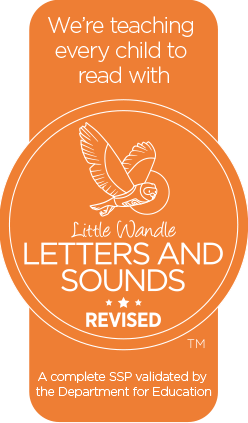
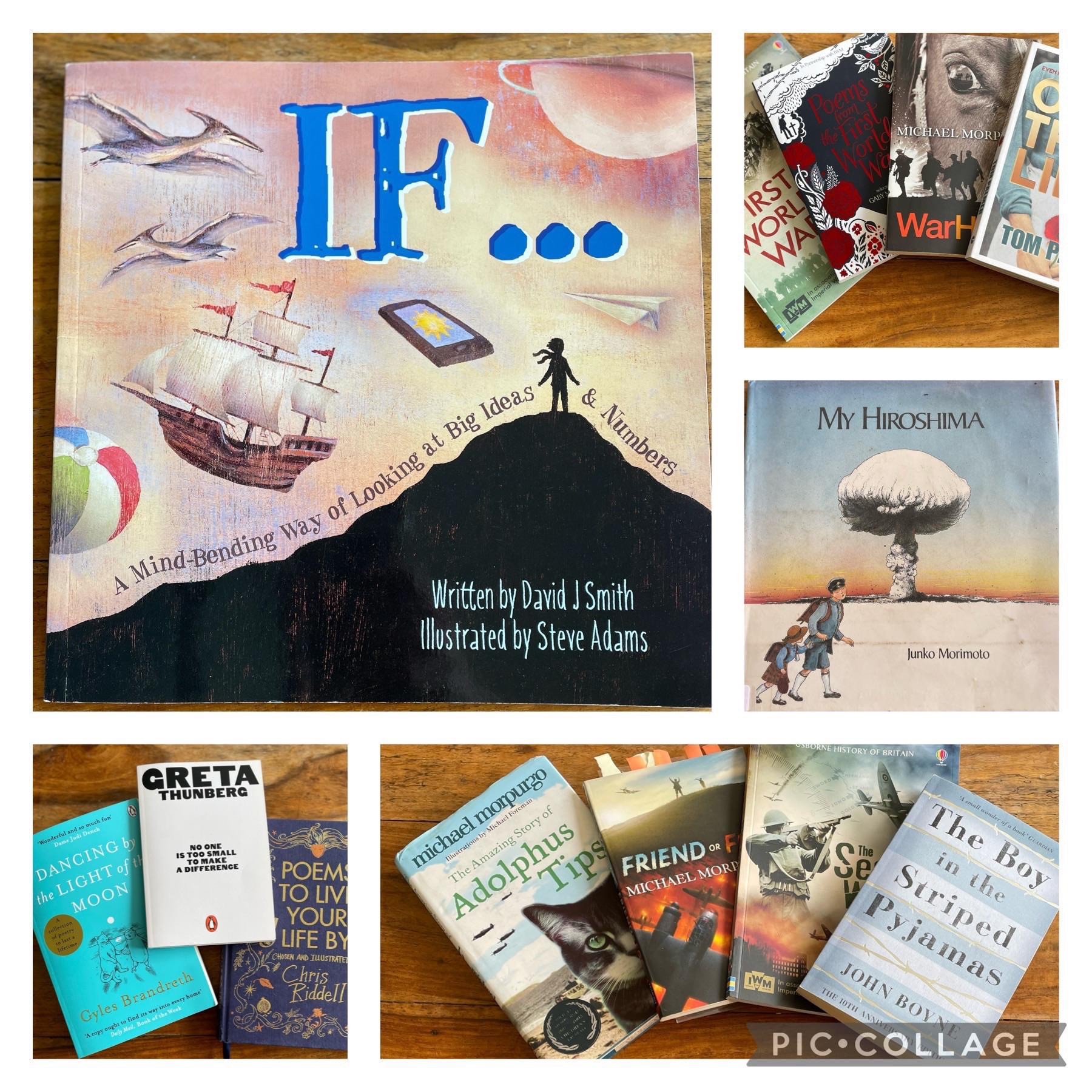
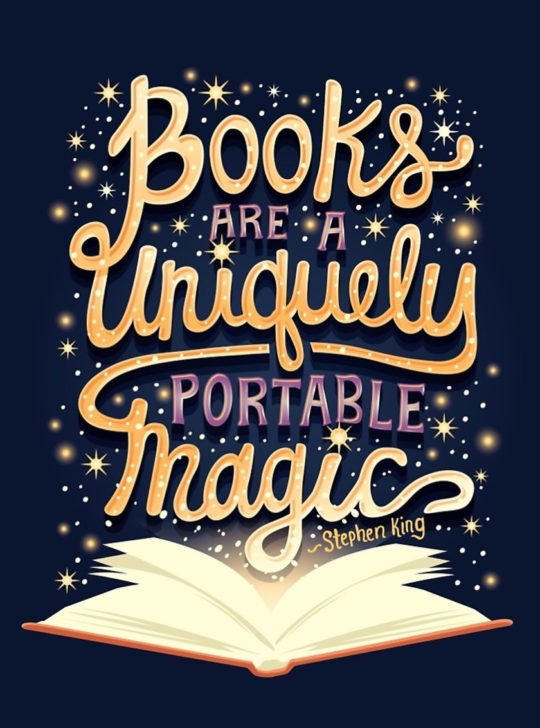
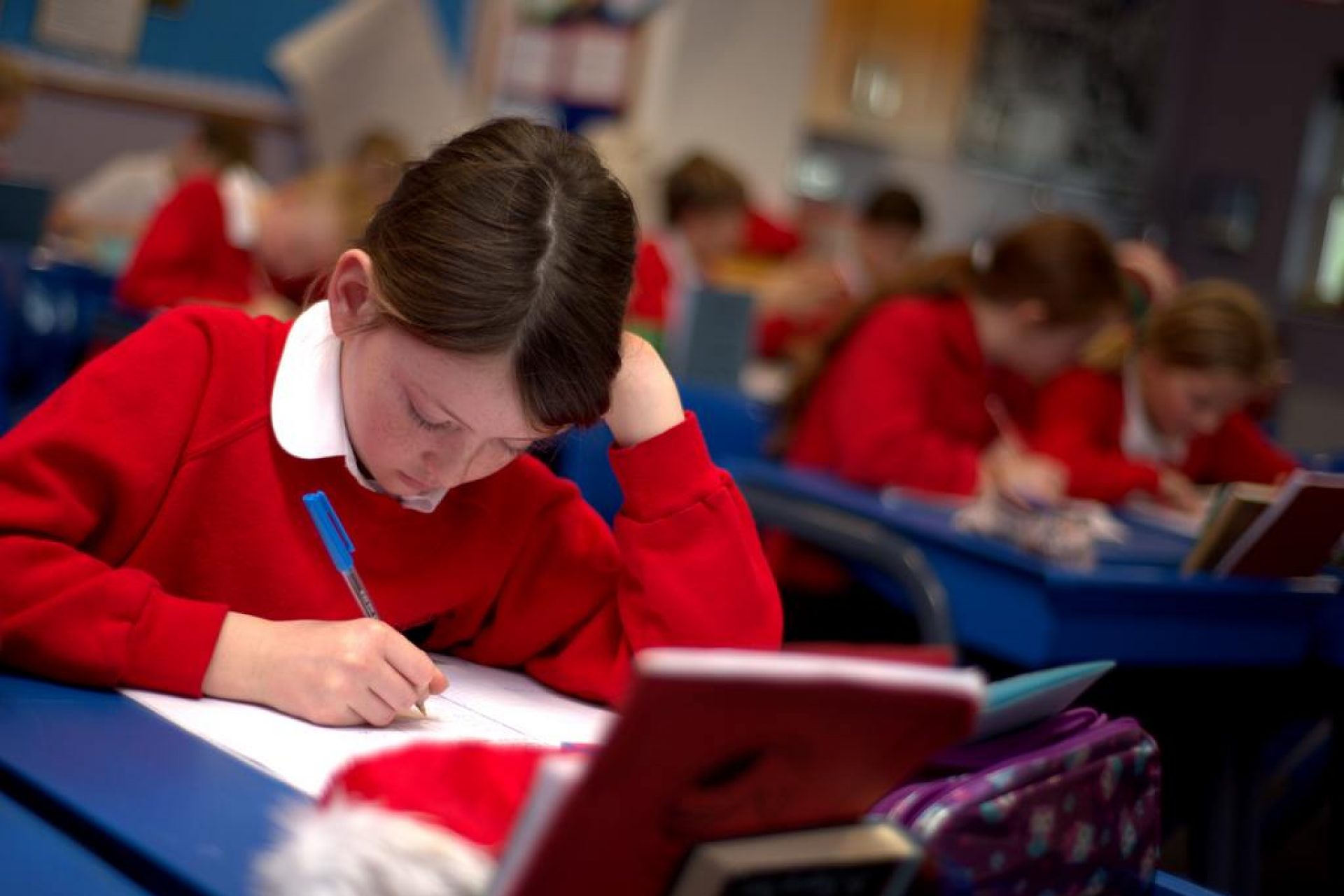
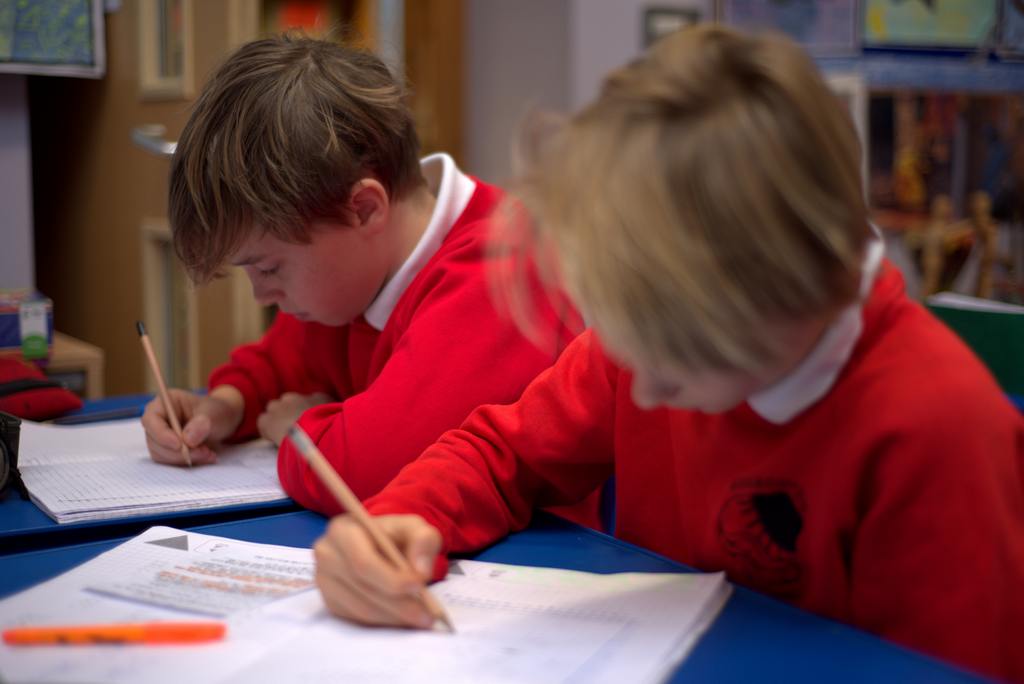
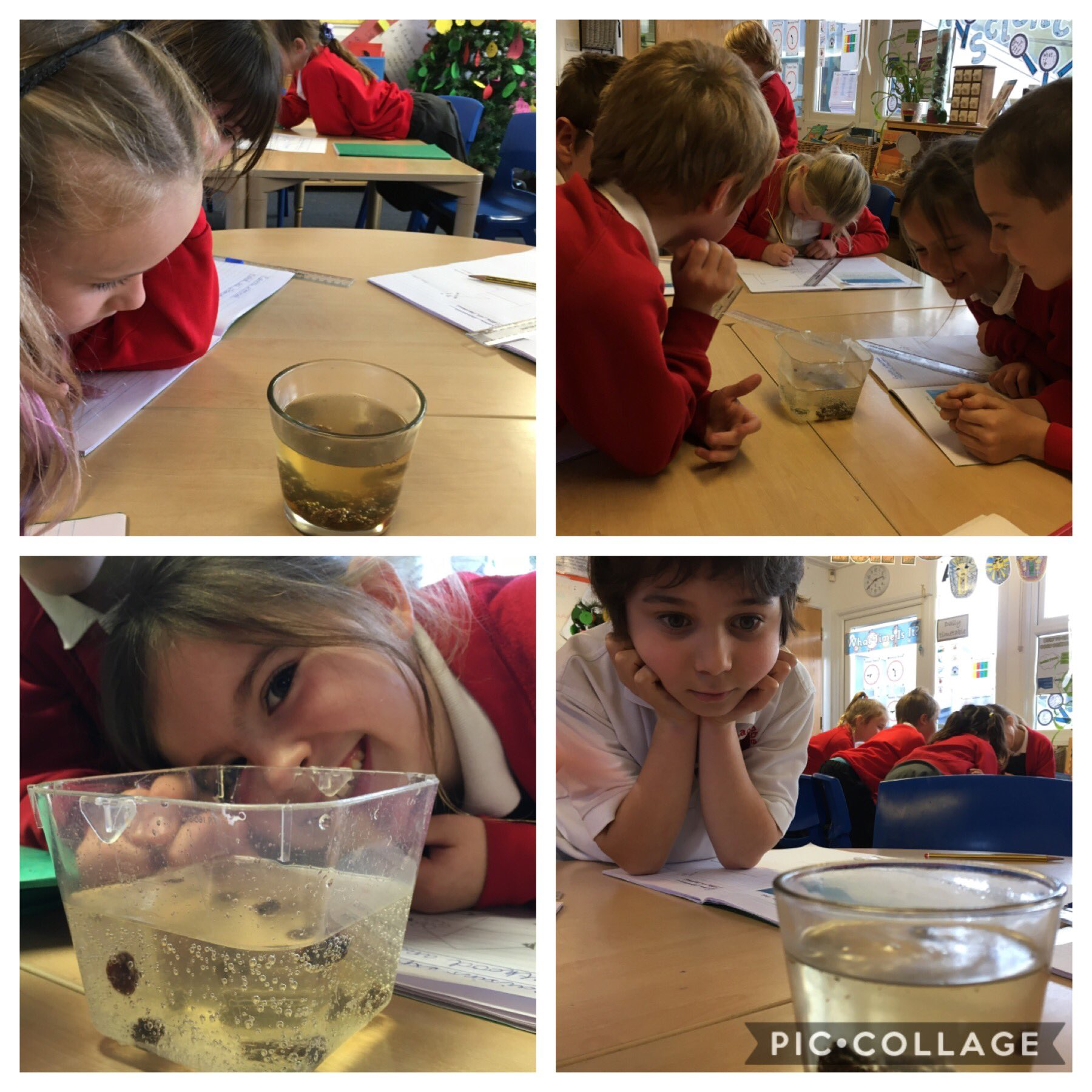
Writing
Intent - why?
For children to want to create and express themselves, inform and record their ideas in a fluent and purposefulway on the page.
★ By the end of Year 6, children’s writing should be sufficiently fluent and effortless for them to use and apply their writing skills across the curriculum, and into KS3 and beyond - solid foundations.
★ A knowledge, understanding and application of National Curriculum spelling words and ambitious vocabulary is paramount for the children to broaden their language skills;
★ They should be able to reflect their understanding of the audience fornand purpose for their writing by selecting appropriate vocabulary and grammar devices. Most of all, children should be able to use their
writing skills as a means to clearly demonstrate their knowledge of the world around them, and communicate their thoughts and feelings about this knowledge.
Implementation - How do we develop as writers at Woolacombe School?
From EYFS to Year 6, we are incredibly passionate about our literacy curriculum. Our aim is to provide our children with a wide range of stimuli in their learning, from rich whole class texts, to WOW experiences to trips far and wide, and all with the intention of fully engaging and immersing the children into their literacy learning!
Cross-curricular learning!
The foundation of all our literacy learning is rooted in the school topics, which alternate across the year groups from history, to geography to Science. A vast majority of the topic learning comes through the literacy, as the children explore linked poetry, narratives, diary writing and more. Each writing sequence has a strong emphasis on drama and role play, to allow the children the opportunity to bring the topic, and the literacy, to life!
Trips & WOW Experiences!
For each new topic, a WOW experience is always carefully planned, to ensure that there is a high impact beginning which captures the children’s imaginations and interests. Class and even Key Stage trips are planned for each topic, again to give the children the opportunity to really live the topics, and to serve as wonderful and real stimuli for writing back in the classroom.
Impact - what?
★ Children have an understanding of the power of the written word, and the importance it has in how we communicate with each other, linking with our Character Education ethos.
★ Children can read, spell and pronounce national curriculum and topic vocabulary with increasing accuracy.
★ Children confidently apply their writing knowledge and skills to other areas of the curriculum.
★ Children are empowered and delight in demonstrating/discussing their learning with others, e.g. their personal learning journey and knowledge of grammatical terminology.
Whole class texts!
Across Key Stage 2, we have an ever growing range of whole class texts which are topic related. These texts are carefully selected, and serve to further immerse the children in each topic, as well as giving the children excellent exposure to rich and varied vocabulary and language. Because every child has a copy of the text, it ensures that every child is involved in the discussions and debates which inevitably occur when dozens of brains all evaluate and analyse plots, events and characters at the same time!
Working Walls!
In each class, the writing curriculum is displayed for the whole year, to give the children the ‘big picture’ of what they are aiming for as the year progresses. As a new writing sequence is begun, whole class discussions decide which of the writing curriculum elements are most relevant to the purpose and audience of the sequence, and by doing this, meaning and context is given to the specific grammatical and structural features needed to succeed in that particular style of writing.
Please visit our classrooms to share our learning journey and latest displays.
Key Stage Productions!
Each year, tremendous effort is put into end of key stage productions, which are again linked to the topic of the term, and which offer incredible opportunities for children across all year groups to participate in productions that they will never forget! Each year, the children amaze us all with what they achieve with their acting, orating, singing and dancing skills, proving that we never fully know the true potential of children unless we give them lots and lots of opportunities to discover them for themselves, and then to show us all!
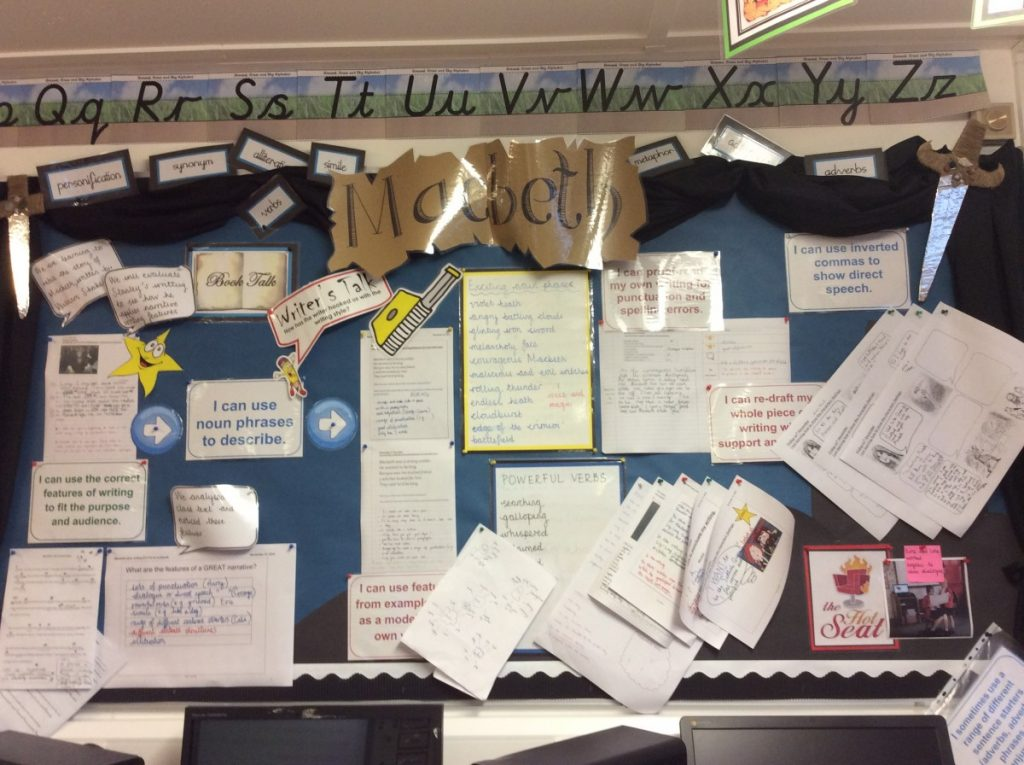

Wonder how you can help your child with their reading and writing?
- Borrow books from class book corners and the School Library. Your class teacher will be pleased to recommend authors and titles. Click on the link for further information:
- http://www.lovereading4kids.co.uk/genre/5/5-plus-readers.html
- https://www.booktrust.org.uk/
- https://www.oxfordowl.co.uk/for-home/find-a-book/library-page
- https://www.thebookpeople.co.uk/webapp/wcs/stores/servlet/qs_home_tbp?storeId=10001&catalogId=10051&langId=100
- http://www.bbc.co.uk/programmes/articles/4h26FXFQ4KfMV7VVSbJxY3g/500-words-2018
- https://www.phonicsplay.co.uk/freeIndex.htm
- http://poetryzone.co.uk/
- https://www.theguardian.com/childrens-books-site
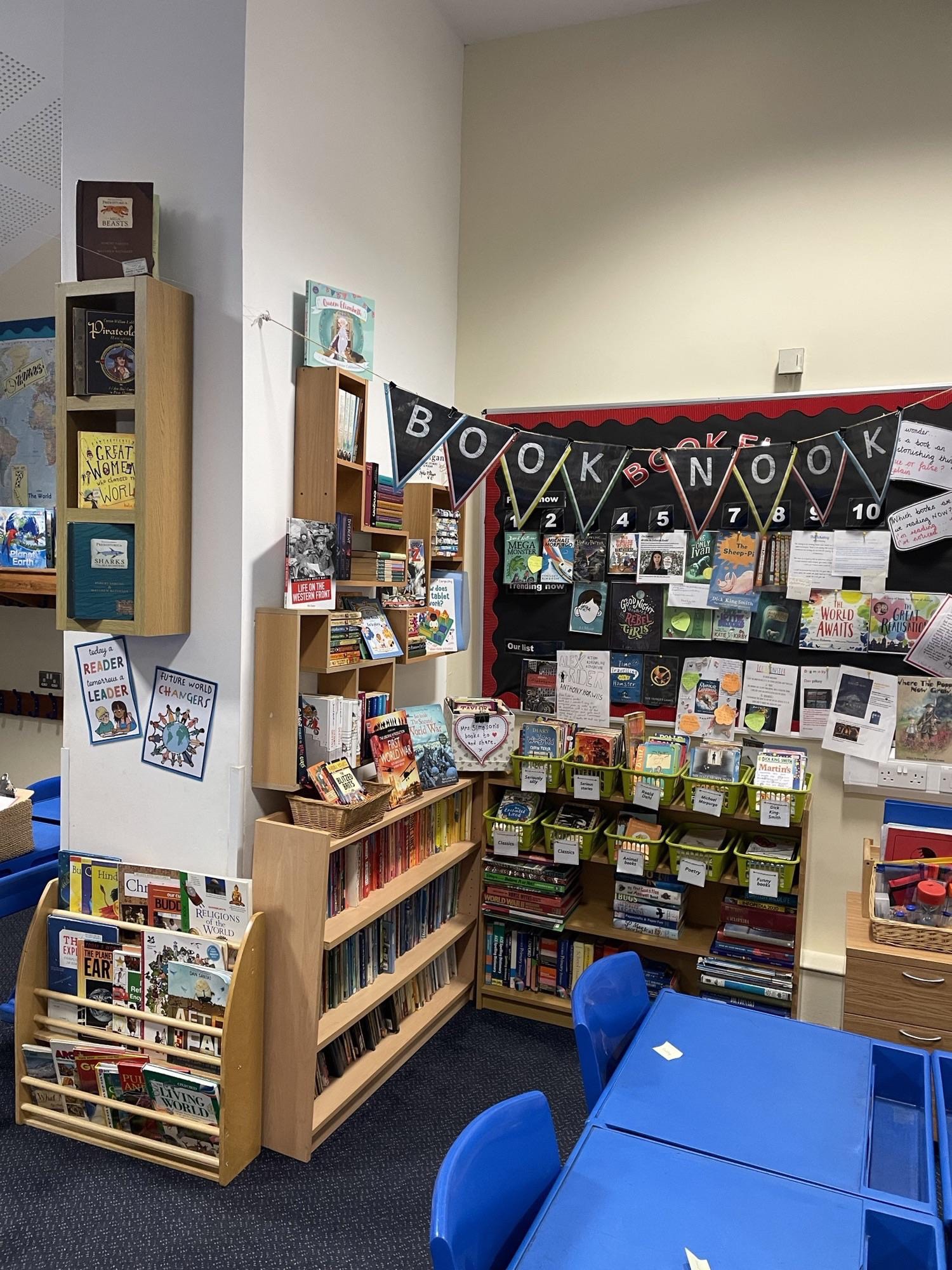
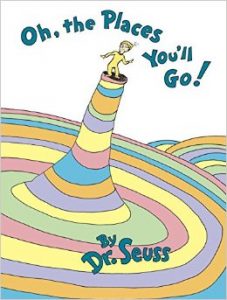
Recommended authors…
Roald Dahl – https://www.roalddahl.com/
Dick King-Smith – http://www.dickkingsmith.com/
Michael Morpurgo – https://www.michaelmorpurgo.com/
Julia Donaldson – http://www.juliadonaldson.co.uk/
Lauren Child – https://www.booktrust.org.uk/books/childrens-laureate/
- Share and practise the termly spelling words, taken from the National Curriculum, which are given at the start of each half term.
- Experience our Reading and Spelling, Grammar and Punctuation (SPaG) parent workshops which are scheduled throughout the year to provide helpful and practical tips on how we teach and learn these key skills at Woolacombe School.
Read with your child at home – 5 times a week – and share their progress and key comments in the Home School Diary.
If you would like more support and advice, please do not hesitate to ask your Class Teacher. We’re happy to help!
READING on a page (3).pptx WRITING on a page .pptx